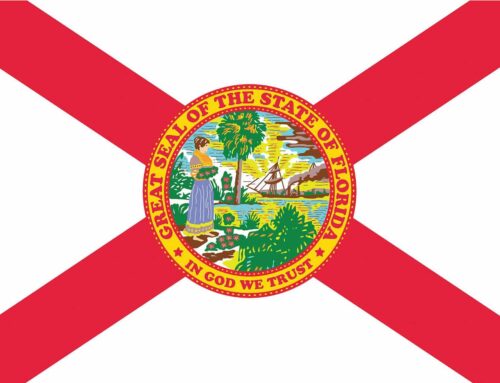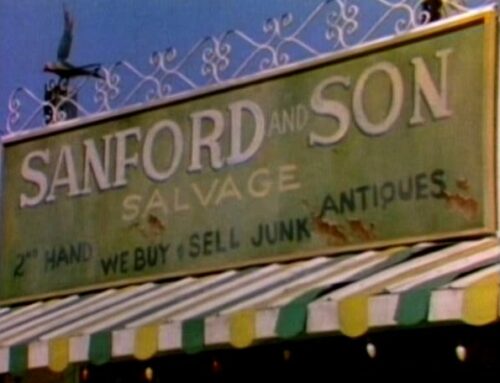A driving under the influence/driving while impaired conviction can have serious consequences for drivers, but this holds an even greater significance for those who drive professionally. If you currently carry a commercial driver’s license (CDL) or aspire to, it is important to recognize what impact a driving conviction can have on your career. A conviction will not kill your career, but it will create a significant interruption.
For those who aspire to professional driving careers, it is best to take precautions to avoid any possibility of a driving while impaired conviction, that does not need to be stated. But in the event that an incident should occur, this isn’t the end of your career pursuit.
Commercial Driver’s Licenses
Commercial driver’s licenses are required for a number of careers, particularly in the trucking and transport industry in long haul trucking and related industries. Largely, the three classifications of CDL licenses are determined by the volume of weight that the permit holder is allowed to manage on the road. The types of work that require CDL designation include:
- Hazardous materials transport
- Tanker trucks
- Passenger vehicles carrying more than 16 people
- School bus drivers
- Tractor trailers with two or three trailers
- Combo tank and hazardous materials transport
When you consider the expectations that clients and the public have for an industry that shares the road with us, the licensing requirements are more stringent and the recovery from a DUI conviction is more prolonged.
Can You Get a CDL after a DUI?
The good news is that it is possible to earn a commercial driver’s license after a DUI conviction, or to restore your CDL status. Quite simply, drivers are eligible to apply for a CDL after any driving suspensions have been fulfilled. However, if you already hold a CDL at the time of your conviction, the process takes time as you may face a graduated process to re-establish your status. Upon completion of your suspension, your basic privileges will be restored but securing your CDL status may be subject to application and approval. Depending upon the specific circumstances, the driver may be mandated to re-attend the CDL training program.
The Bigger Challenge
Once you have secured or re-established your CDL status, the greater obstacle may be securing employment in the field. Many employers require that any operators of company vehicles hold a clean driver’s abstract. In instances where companies do allow drivers who have a conviction on their record, many are bound by insurance considerations that don’t allow driving convictions within a period of three years before the day of hire.
However, there is such demand for qualified drivers that some employers offer opportunities for drivers who are working to re-establish their careers after a DUI conviction. These companies are taking a pro-active approach to recruitment and retention by offering CDL training programs to convicted drivers. As part of their retention strategy, they identify that after a pre-determined tenure of service, that the company will absorb the costs of training without re-imbursement by the driver.
The Increased Expectation for CDL license holders
CDL licenses carry stricter expectations of drivers. For example, drivers who hold these permits are allowed a blood alcohol level of only 0.04, which is half of what is allowed for the general population. This is an expectation that applies not only while on the job, but also when the driver is operating their own personal vehicle.
While this may seem like a harsh condition, ensuring the public’s faith in the transport industry is as important as ensuring the safety of all members of the community that share the road ways with our commercial drivers.
Recovering from a DUI conviction
If you have been convicted of a DUI offense and your career requires a commercial driver’s license, your process to secure your CDL certification may be readily identified by your local jurisdiction. However a conviction may also have an impact on your insurance needs as you work your way through the procedure. Check with your insurance provider as you may be required to carry high risk driving insurance policies such as SR22, FR44, SR50 and SR55A. Our experienced team has helped drivers in similar circumstances before, and we can help you. You will need to fill out our quote from – and we will call you back with offer, that you will surely like.






